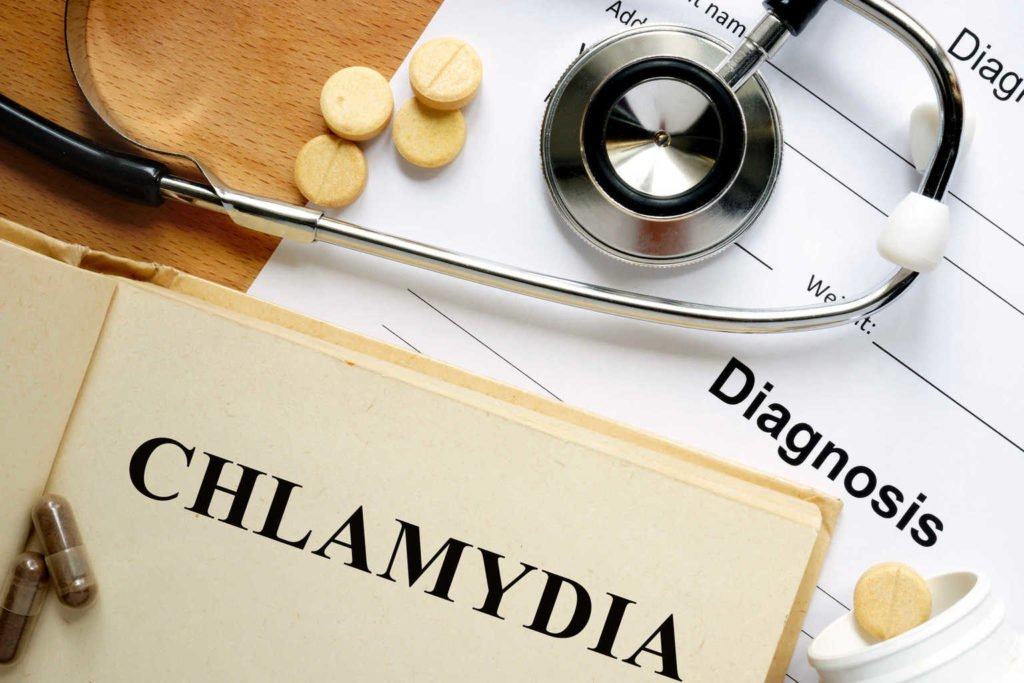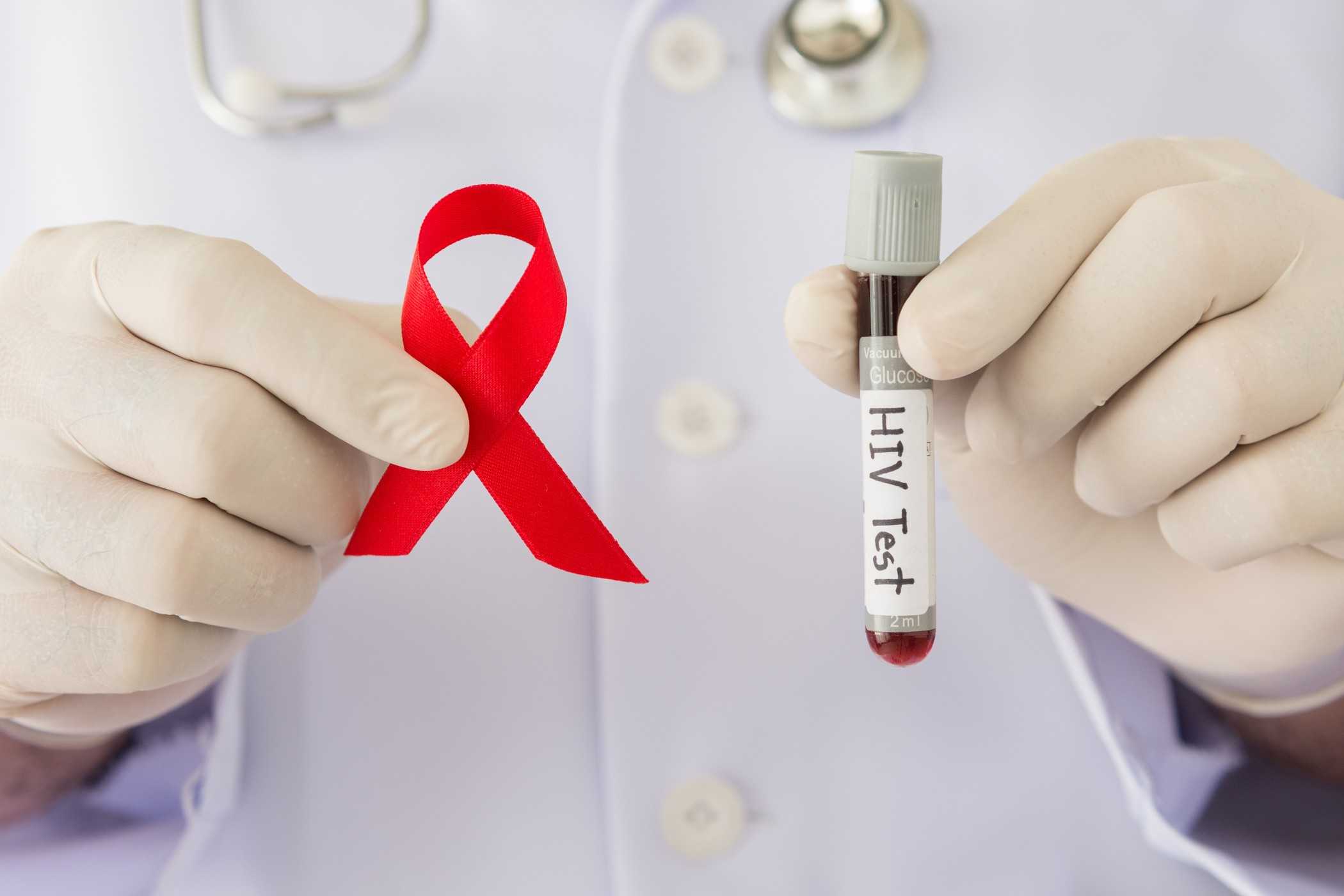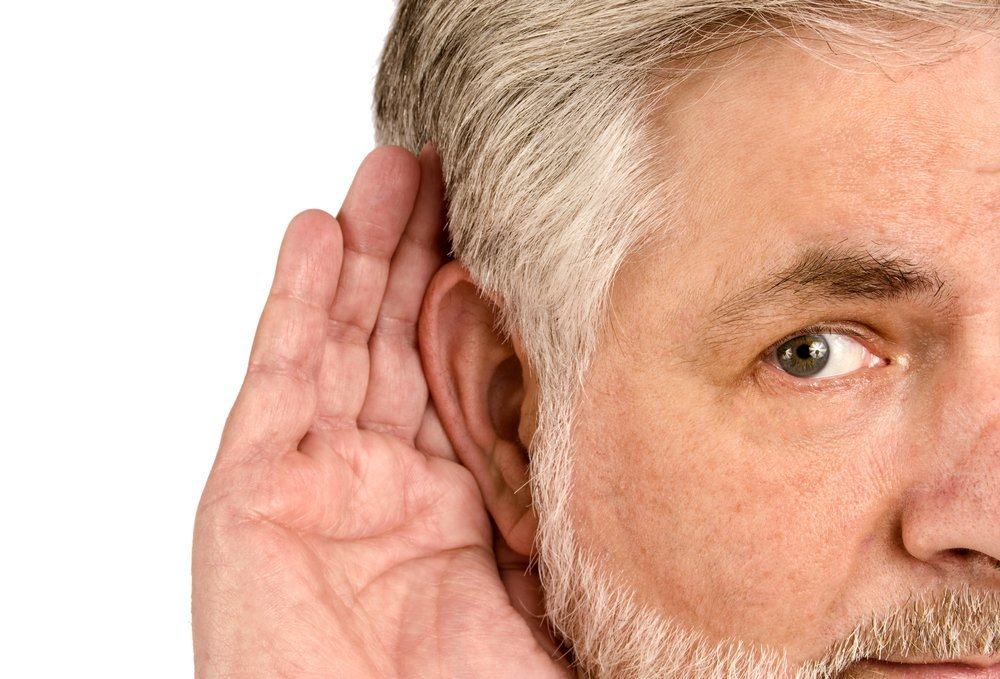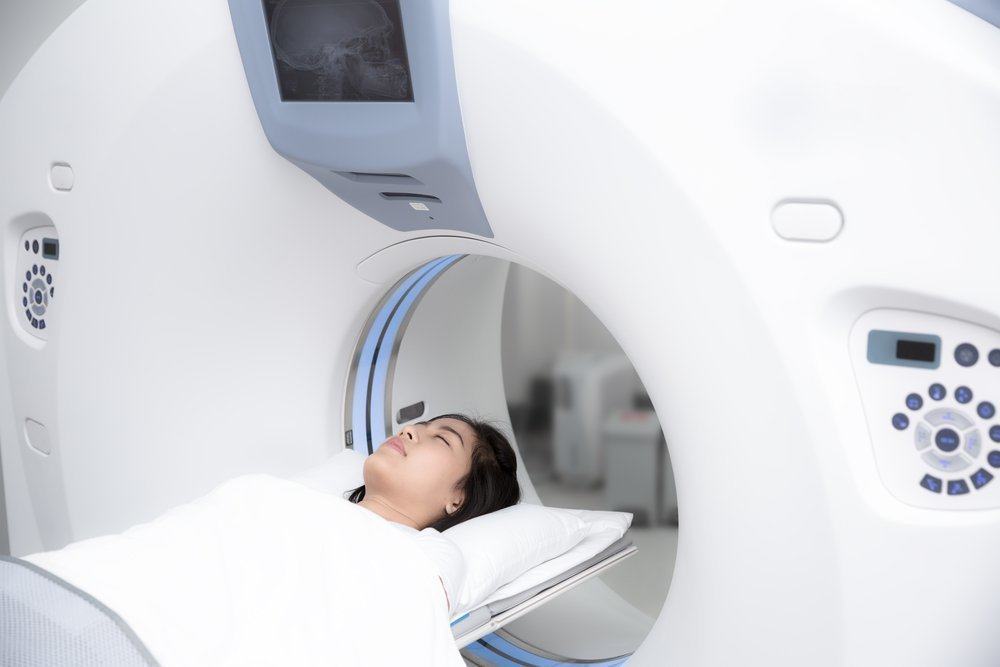Contents:
- Medical Video: Chlamydia / Alynn Alexander, MD
- If I am a woman, how do I know if I have chlamydia?
- If I am a man, how do I know if I have chlamydia?
- When do chlamydia symptoms appear?
- What is the effect if I get chlamydia?
- How do you treat chlamydia?
Medical Video: Chlamydia / Alynn Alexander, MD
Chlamydia is a sexually transmitted disease caused by bacteria chlamydia trachomatis. Even though you may not be familiar with its name, chlamydia is one of the most common sexually transmitted diseases. Because there are often no symptoms, many people suffer from this disease and don't know it.
These bacteria can move from one person to another through anal and vaginal sexual intercourse, and possibly through oral sex. If someone touches body fluids containing bacteria and then touches his eyes, a chlamydial eye infection (chlamydial conjunctivitis) may occur. Chlamydia can also be passed from mother to baby during childbirth. This causes pneumonia and conjunctivitis, which can be very serious in infants if not treated. You may not get chlamydia from a towel, door knob, or toilet seat.
If I am a woman, how do I know if I have chlamydia?
It will be difficult for women to know whether they have chlamydia or not because most women do not experience any symptoms. Therefore, it is very important to see a doctor once a year if you are sexually active. Your doctor can tell you about the test for chlamydia, even if you don't have any symptoms.
Sometimes, symptoms present and cause vaginal discharge that is unusual and smelly or painful during urination. Some women with chlamydia also experience pain in the lower abdomen, pain during intercourse, or vaginal bleeding outside the menstrual period.
If I am a man, how do I know if I have chlamydia?
A man can also experience difficulties in recognizing the symptoms of this disease and should be examined by a doctor at least once a year if sexually active. When there are symptoms, a man may emit clear or cloudy fluid from the tip of his penis (urethra - the place where urine comes out), or itching and heat sensation around the penis hole. Sometimes there is also swelling and pain in the testicles. Often, a man with chlamydia experiences few symptoms or no symptoms at all, so he doesn't even know if he has contracted the disease.
When do chlamydia symptoms appear?
Someone who has chlamydia may see symptoms a few weeks later. In some people, symptoms take 1 to 3 weeks until they finally appear and many people don't develop symptoms.
What is the effect if I get chlamydia?
If left untreated in women, chlamydia can cause infection of the urethra (the place where urine is released) and inflammation (swelling and pain caused by infection) on the cervix. It can also cause pelvic inflammatory disease, infection of the uterus, uterus, or fallopian tubes. Pelvic inflammatory disease can cause infertility and ectopic pregnancy later in life.
If not treated in men, chlamydia can cause inflammation of the urethra and epididymis (the structure that attaches to the testicles and helps move sperm).
How do you treat chlamydia?
If you think you have chlamydia or if you have a partner who has chlamydia, you need to see a doctor, or gynecologist. Some local health clinics can also provide examinations and treat people with chlamydia.
Doctors usually diagnose chlamydia by checking the person's urine. If you have been exposed to chlamydia or are diagnosed with chlamydia, your doctor will prescribe antibiotics, which can cure the infection in 5 to 7 days.
All your sexual partners in the past two months also need to be examined and treated for chlamydia, because maybe the person has been infected with this disease without any visible symptoms. If your last sexual partner has sexual contact within more than two months before the first symptoms appear, it also needs to be examined. It is important for chlamydia sufferers not to have sex until they and their partners are treated.
If your sex partner has chlamydia, immediate treatment will reduce the risk of complications and will reduce your risk of re-infection if you have sex with your partner (you can be re-infected with chlamydia even when you are finished being treated because it doesn't make you immune) .
It is better to prevent chlamydia than to treat it, and the only way that can really prevent infection is not to do any kind of sexual relationship. When you have sex, always use a condom. Only this method can help prevent chlamydia.
READ ALSO:
- What You Need To Know About Gonorrhea
- 4 Myths and Facts About Gender
- Knowing Human Papillomavirus (HPV)












